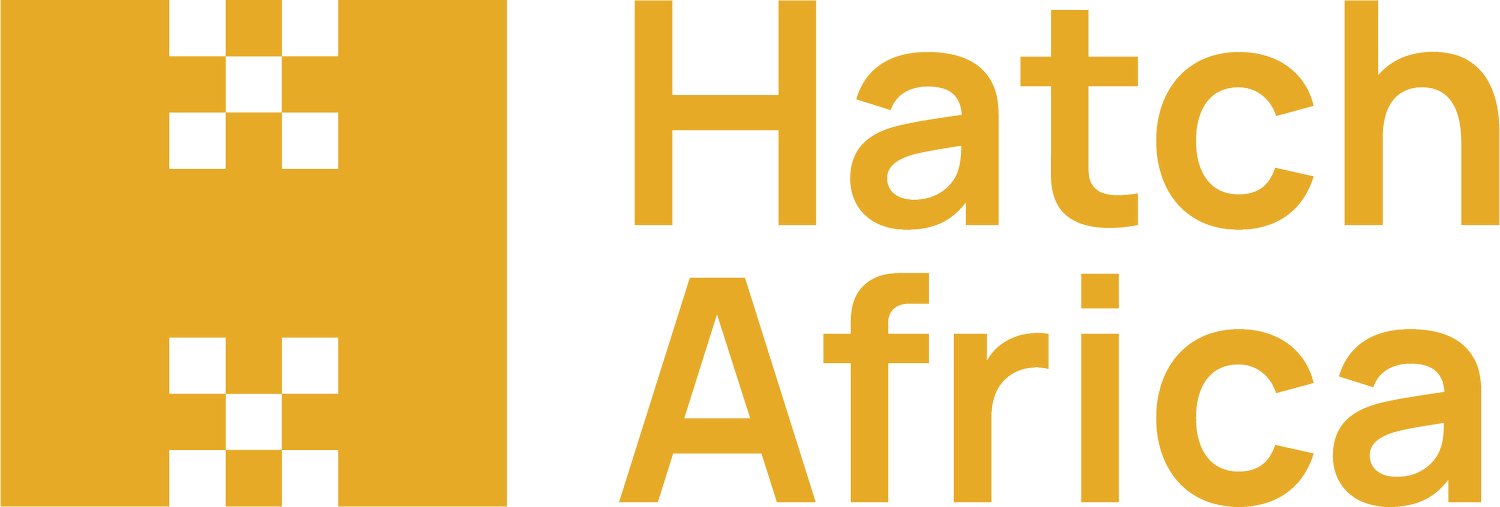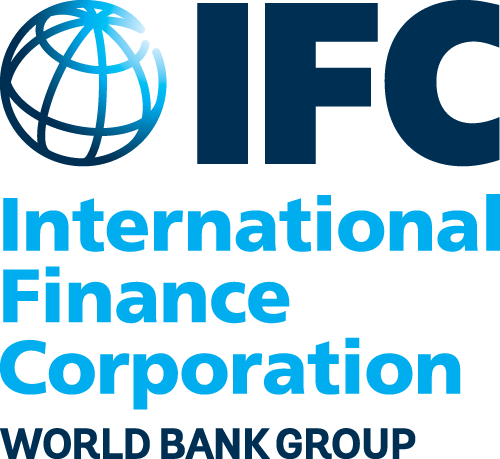Our Impact
Hatch is one of the highest impact businesses in sub-Saharan Africa. Dedicated to making farmers healthier and wealthier, Hatch’s impact spans a number of economic, social, environmental and health factors with a focus on the following:
Hatch reaches an estimated 3m + farmers annually with its products, creating more than $350m in additional profit each year for smallholder farmers.
Hatch smallholder farmers earn an average of $100 of profit per year with a flock of 10 chickens, more than 3x the return of farming local chickens.
Hatch has over 30,000 agents who earn an average of $1,400+ of profit per year, injecting a significant amount of money into rural communities.
“I can now buy school items, clothes for my children and afford household expenses thanks to the chickens I have been rearing. ”
Hatch sold over 47m chicks in 2024, resulting in an estimated 3.5bn eggs and 77m kgs of meat sold and consumed in rural communities in Africa.
Hatch birds are disease resistant, lay 3-4x as many eggs and reach market weight 3-4x faster than indigenous chickens. This results in a significant increase in nutritional products available in rural communities.
An egg a day in children has shown to reduce the rate of stunting by 47%. In addition, the introduction of egg consumption in pre and post-natal women shows a significant positive impact on birth outcome and breast-milk composition.
“We now eat healthy meals including chicken and eggs, and from the sales we are able to pay school fees, medical fees and handle our family expenses.”
In most parts of sub-Saharan Africa, rural women are primarily responsible for poultry rearing, and benefit directly from increased disposable income, decision-making, and dietary diversity resulting from their family poultry production.
As an organization, Hatch is committed to improving gender equality, and does this through:
Increasing the representation of women in the workforce and leadership;
Increasing the number of women as agents and smallholder farmers; and
Developing and implementing country specific Gender Action Plans
41% of all full-time employees are women and 33% of Hatch brooding agents are women. By 2028, Hatch aims to have a minimum of 45% women as full-time employees and 30% women in management positions.
“As a single mother I now manage to pay school fees for my children using the money I earn from selling eggs.”
Hatch has over 2,500 full-time employees across its six countries of operation.
In addition to full-time employees, Hatch creates job opportunities for over 30,000 Agents. Hatch ensures quality jobs for all actors within their operations, and follows closely the requirements as laid out in IFC Performance Standard 2: Labor and Working Conditions.
95% of farmers in sub-Saharan Africa rely on rainfed agriculture, making them especially vulnerable to climate-related shocks and adverse weather events. Rearing poultry at home improves smallholder farmer climate resilience by providing them with an alternative source of food and income which are not weather dependent. Hatch chickens primarily scavenge for their feed requirements, further reducing farmer dependence on crops and rainfed agriculture.
85% of farmers in Uganda state that Hatch has a positive effect on their ability to respond to climate shocks.
Robust ESG and Animal Welfare Standards
Hatch is committed to creating a sustainable and responsible business that benefits all customers, employees and other stakeholders. In its commitment to do this, Hatch has implemented a standardized ESG Handbook across all markets, aligning with global standards and practices including IFC Performance Standards, World Bank Environmental Health and Safety Standards, World Bank Poultry Standards, AgDevCo Responsible Business Principles.
This ESG handbook is a roadmap for integrating ESG principles into the day-to-day operations. It provides guidance on how to assess and manage ESG risks and opportunities, and how to make decisions that are in the best interests of farmers, local communities, and the environment.
In addition, Hatch complies with Code EFABAR, a voluntary code of good practice, based on stringent EU Standards, in support of responsible farm animal breeding, ensuring a sustainable and healthy food supply chain.















